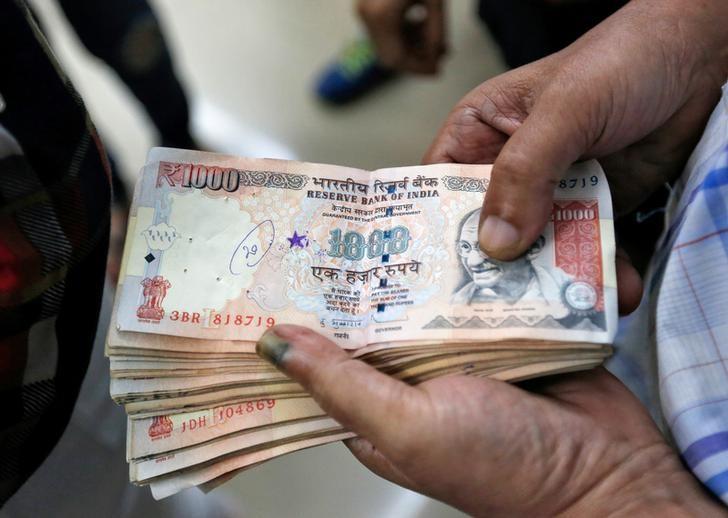Demonetisation hits Nepalis living near border with India
Jhapa/Birgunj, November 18
Since Nepal Rastra Bank has not formulated any policy regarding the banned Indian currency notes, Nepalis living in areas bordering India have been exchanging INR 1,000 for much less than its actual value of 1,600 Nepali rupees.
According to Rameshchandra Rajbanshi, “If anyone goes to Indian markets with the banned Indian currency notes, Indian traders accept the notes for half their actual value. Even Nepali notes are being accepted by undervaluing them up to 30 per cent of their actual value,” said Rajbanshi.
Even in Nepali towns of Bhadrapur and Kakarbhitta, Indian traders give only 1,200 Nepali rupees for INR 1,000.
Mahesh Agrawal, a trader based in Rautahat district headquarters Gaur bemoaned the impact of demonetisation. “People of districts bordering India are dependent on markets across the border. But doing business has become really hard, as currency notes of banned denomination are not being accepted,” he said. He urged the government to provide relief to the people by formulating a concrete policy regarding the banned Indian currency bills.
Nepal Rastra Bank Birgunj branch Deputy Director Pradip Bhattarai said transaction of the banned Indian currency notes had been banned in Nepal. Birgunj Chamber of Commerce and Industry chairperson Pradip Kumar Kediya, however, demanded that the central bank find immediate solution to the problem.
Former chairperson of Birgunj CCI Ashok Temani demanded that the central bank exchange the banned Indian currency up to INR 25,000 per person. Following the visit of Indian PM Narendra Modi, the Nepali government had made a provision to allow anyone to possess up to 25,000 Indian rupees.
Local traders estimate that banned Indian notes worth 100 million rupees are there in Birgunj alone.
People living in districts of far- and mid-west regions have also been affected by the Indian government’s ban on INR 1,000 and INR 500 notes. Families of those who work in India and send cash home in Indian currency are facing cash crunch. For long, people from almost all districts of the far- and the mid-west districts, including Achham, Bardiya, Kanchanpur, Doti, Baitadi, Humla and Jumla have been going to India to work.
“There are many who go to India to work and bring home their savings in notes of higher denomination, as carrying high-denomination notes is easier. But these days local traders are fleecing them by exchanging INR 1,000 and INR 500 notes with as little as Nepali 1,000 and 500 Nepali rupees, respectively,” said CPN-UML Humla district committee member Debachu Sarki.
However, some Nepalis in possession of INR 1,000 and INR 500 notes are said to be exchanging the notes from Indian banks with the help of their Indian kin. “There is a long queue of Nepalis seeking to exchange the banned Indian currency notes at the Umagaun-based Punjab National Court,” said Sujit Yadav from Janakpur.






